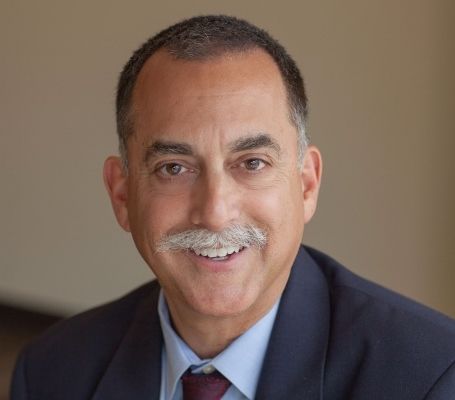Article
Study Links Obstructive Sleep Apnea With Major Depression
Author(s):
New research finds association common sleep disorder present in 14% of suicidal patients with major depressive disorder studied.

​ Vaughn McCall, MD, MS ​
Obstructed sleep apnea (OSA) could explain why some suffering from major depressive disorder (MDD) do not respond to antidepressants.
Investigators from the Augusta University, led by W. Vaughn McCall, MD, MS Case Distinguished University Chair of the Department of Psychiatry and Health Behavior, found 14% of patients in a multi-site randomized clinical trial of 125 suicidal adults with MDD were suffering from OSA despite not previously being suspected.
McCall explained in an interview with MD Magazineâ that while sleep apnea has been linked to depression in the past, their study specifically excluded patients with known OSA conditions and found it anyway.
“What makes this study a little more remarkable is that we intentionally tried to exclude sleep apnea patients from the very beginning so they would not show up in our sleep lab and show up they did at a rate of about 14%,” he said. “The other novel part of this sample was and therapy that every patient was suicidal and needless to say suicidal depressed patients should command our strictest attention.”
McCall said about 50% of patients suffering from MDD do not respond to at least two adequate therapeutic trials of an antidepressant medicine in a condition called treatment resistant depression (TRD).
TRD can be caused by a non-adherence to treatment, an error in the primary diagnosis or a failure to detect an underlying medical comorbidity. The rate of undetected medical illness contributing to psychiatric impatient admissions is estimated to be approximately 50%.
Some of the medical illnesses that potentially contribute to pseudoresistance in the outpatient setting include endocrine disorders, coronary artery disease, HIV, cancer, syphilis, vitamin deficiencies and medication effects. However primary sleep disorders, including OSA is absent from most recommendations treating TRD.
McCall said the more antidepressants a patient fails to respond to the more likely they are suffering from OSA.
“I think this study reconfirms that undetected and unsuspected obstructed sleep apnea may be lurking in the background of many depressed patients who just don’t seem to get better with standard medications,” McCall said.
McCall said the study is proof that sleep studies should be used on patients after their second or third antidepressant and sleep therapy could be used a possible remedy for MDD.
During the study, investigators examined MDD patients between 18-65 without clinically significant OSA with one night of home portable testing to measure airflow, respiratory effort and pulse oximetry or one night of in-lab polysomnography which included an EEG.
Graded using the apnea-hypopnea index (AHI), 17 of the 125 volunteers had AHI greater than 10 and were excluded from the remainder of the study, while 52 participants failed at least 1 adequate trial of an antidepressant.
While certain demographics, including older males with a higher body mass index, are more likely to suffer from OSA, one of the symptoms is hypersomnia or excessive sleepiness. However, McCall said the depressed patients with OSA did not suffer from hypersomnia.
The study, “Prevalence of obstructive sleep apnea in suicidal patients with major depressive disorder,” was published online in the Journal of Psychiatric Research.




